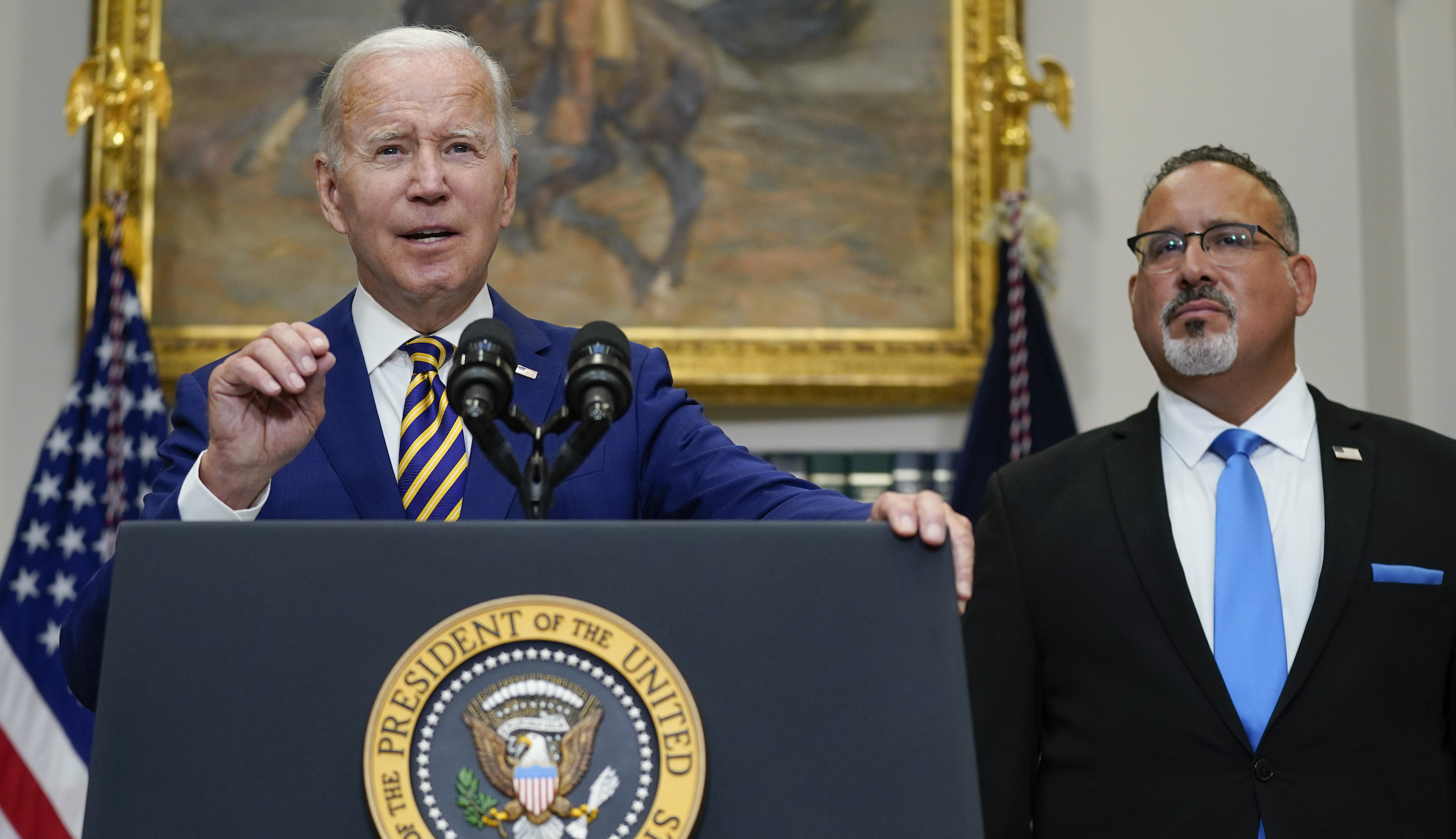The Justice Department said Tuesday that the forthcoming end of the national pandemic public health emergency would end the Title 42 policy used to swiftly remove immigrants at the southern border, arguing a pending Supreme Court decision over the matter will become moot.
In a brief to the high court justices, the Biden administration DOJ attorneys wrote that the planned May 11 end of the public health emergency “will (among other consequences) terminate the Title 42 orders and moot this case,” referring to a Supreme Court challenge backed by Republican states against the Biden administration’s plans to terminate the March 2020 Trump-era policy.
SUPREME COURT PUSHES BACK ARGUMENTS IN TITLE 42 DISPUTE TO MARCH 1
“The government has also recently announced its intent to adopt new Title 8 policies to address the situation at the border once the Title 42 orders end,” the 48-page DOJ brief added.
Justices have yet to hold oral arguments in the case, which is slated for March 1, and they likely won’t render a final decision until the summer.
Adopted under former President Donald Trump, Title 42 has been in place since the start of the pandemic in March 2020 and allowed the U.S. to remove more than 2 million immigrants from the southern border.
In November, a federal judge ruled the policy violated federal law and was “arbitrary and capricious,” prompting 15 Republican state attorneys general to ask the Supreme Court to keep the immigration rule in place.
The Supreme Court in December issued an order keeping the policy in place while it considers whether states have the legal standing or justification for bringing a lawsuit over the administration’s planned termination of the policy.
But DOJ attorneys doubled down in their brief, saying the dispute will no longer be “a live case or controversy” because of the automatic termination of Title 42 that would occur after the pandemic emergency ends in early May.

There’s been some speculation surrounding what the end of the pandemic emergency means for Biden’s desire to forgive millions of dollars in student debt relief, which is another dispute slated to be defended by the Biden administration at the high court this month in two separate lawsuits brought against the forgiveness plan.
Earlier this month, an administration official said, “Providing debt relief and pausing loan payments can continue after the formal end of the national emergency,” in a statement to CNBC.
“Our debt relief plan is needed to prevent defaults and delinquencies as student borrowers transition back to repayment after the end of the payment pause,” the official stated. “The national emergency formally ending does not change that fact. It also does not change the legal justification for the plan.”
James Romoser, an editor at SCOTUSblog, touched on legal questions surrounding Title 42 and Biden’s debt relief plan, which aims to forgive up to $20,000 in student loans and has approved roughly 16 million U.S. borrowers for relief.
“The nation’s student-debt crisis is also an emergency. But it’s an emergency that predated the pandemic, and it will persist when the COVID emergency ends,” Romoser wrote.
CLICK HERE TO READ MORE FROM THE WASHINGTON EXAMINER
“During oral arguments later this month, look for the justices to probe how much that matters.”
The Washington Examiner contacted the White House and the Education Department for a response.
